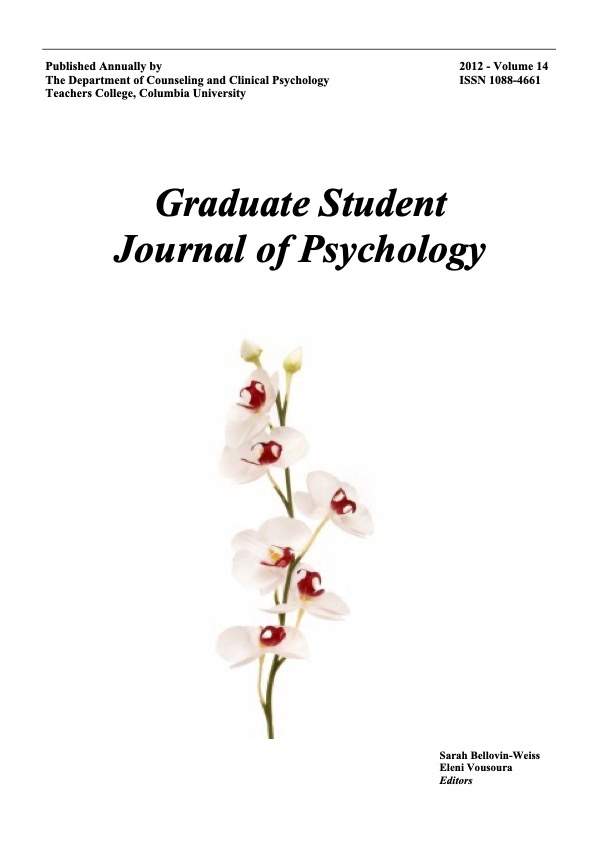Would Exposure Therapy be Effective for Reducing Rejection Sensitivity in Borderline Personality Disorder?
Main Article Content
Abstract
This paper proposes an experimental test of the efficacy of exposure therapy in the treatment of rejection sensitivity in individuals with borderline personality disorder (BPD). Research has shown that BPD is related to rejection sensitivity, social phobia, and post-traumatic stress disorder (PTSD), conditions which are often treated using exposure-based therapies. Therefore, exposure therapy is presented here as a potential treatment for aspects of BPD. Given that both social phobia and BPD are characterized by rejection sensitivity, and in light of evidence that individuals with BPD are hypervigilant in their detection of anger, the proposed exposure therapy is intended to desensitize BPD patients to angry rejection. Benefits of self-distancing when reflecting on a negative interpersonal experience are discussed, and the inclusion of self-distancing in exposure therapy is considered. A proposed experimental protocol derived from treatment for chronic PTSD and adapted for use in a sample of individuals with BPD is presented, comparing a waitlist control group to two experimental groups: traditional exposure therapy and self-distancing during exposure therapy.
Article Details
Section
Articles

This work is licensed under a Creative Commons Attribution-NonCommercial 4.0 International License.
How to Cite
Lakatos, S. C. (2012). Would Exposure Therapy be Effective for Reducing Rejection Sensitivity in Borderline Personality Disorder?. Graduate Student Journal of Psychology, 14, 61–72. https://doi.org/10.52214/gsjp.v14i.10881

